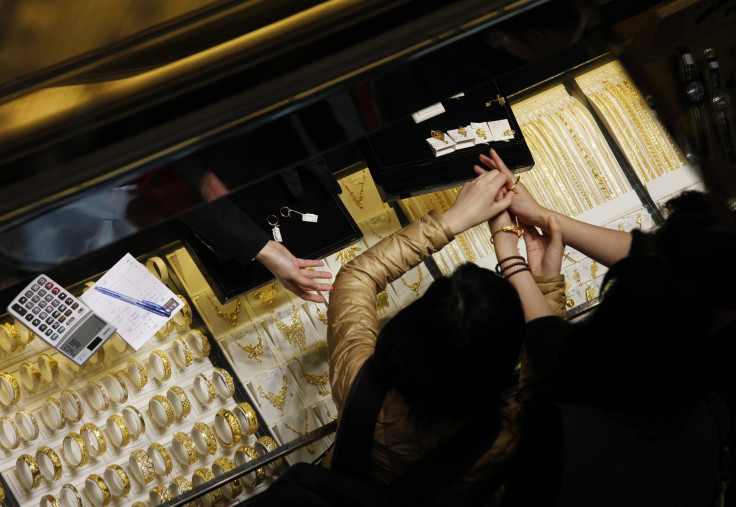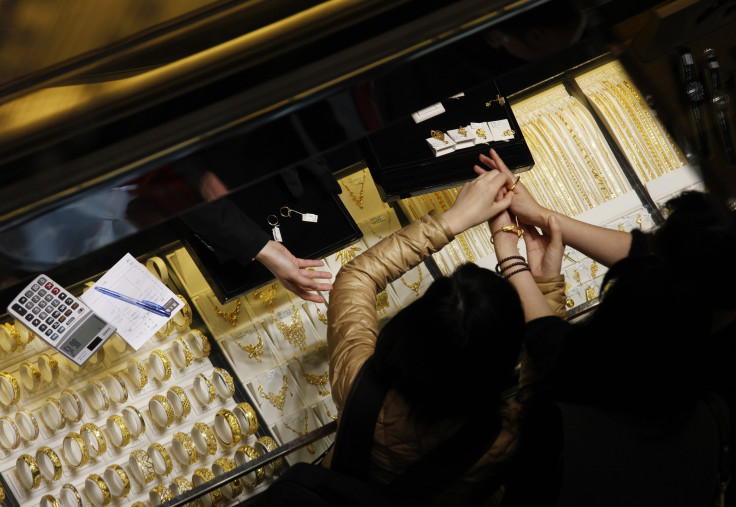Chinese Consumer Confidence Index 15 Points Higher Than Global Average Despite Economy Slowing Down

Chinese consumers remain optimistic about the state of their economy, the latest Nielsen report shows. In the first quarter of 2013, China’s Consumer Confidence Index was 108, against a global average of 93. And Chinese consumers’ demand for high-end products has extended from fast-moving consumer goods to cars and financial investments.
The CCI is designed to measure the degree of optimism on the state of an economy. A score below 100 indicates pessimism, over 100 indicates optimism. Despite recent austerity measures and a slowdown in China's economy, Chinese consumers have not lowered their outlook. According to state-run Xinhua News, while China’s overall CCI in first quarter 2013 remained constant from fourth quarter 2012, the CCI in "first-tier" cities (Beijing, Shanghai, Shenzhen and Guangzhou) rose six points to 109, in second-tier cities remained constant at 104, in third-tier cities rose five points to 107, in fourth-tier cities lowered two points to 102, and in rural areas lowered slightly to 112.

“Compared to the previous quarter, Chinese consumers’ employment outlook, individual economic conditions and willingness to spend remained stable,” Yan Xuan, president of Nielsen Greater China, told Xinhua. “This indicates consumers are optimistic about China’s economy.”
In the long term, Chinese families’ rising income has led to increasing consumption levels. They are becoming more conscious of the quality and safety of the goods they purchase, which spells higher demand for high-end products, according to the latest Nielsen report, as reported by Qinhuangdao News, a regional newspaper in Hebei province.
“In fast-moving consumer goods, consumption level is increasing from small items like yogurt,” Xu Liping, vice president of Nielsen Greater China’s innovative consulting division, told Qinhuangdo. “Consumers are willing to pay more for some products. For example, demand for high-end baby formula rose rapidly after the 2008 Chinese milk scandal involving milk and infant formula adulterated with melamine. In 2012, 55 percent of the toothpaste sold in China, and 49 percent of facial moisturizers, can be considered high-end. Even rural shoppers are increasingly more willing to make a trip into nearby cities and towns to purchase brand-name products to improve their qualities of life."
China’s middle class is the most likely to purchase luxury products, Nielsen’s report showed. Forty-seven percent of consumers with a monthly salary of 10,000 to 30,000 yuan ($1,615 to $4,845) polled said they would be willing to save up for luxury vehicles valued above 500,000 yuan ($81,510), and the rest said they would spend between 250,000 to 500,000 yuan ($40,755 to $81,510) on a car.
In addition, Chinese consumers’ demand for high-end products has extended from fast-moving consumer goods to luxury vehicles and financial investments. Since 2008, China’s luxury vehicle market has grown by 32 percent, and its SUV market by 70 percent. To cater to the record number of millionaires and billionaires in China, 18 Chinese banks have rolled out private banking services, to fulfill their investment needs, Qinghuangdao News reported.
© Copyright IBTimes 2024. All rights reserved.











